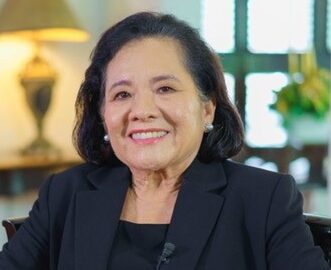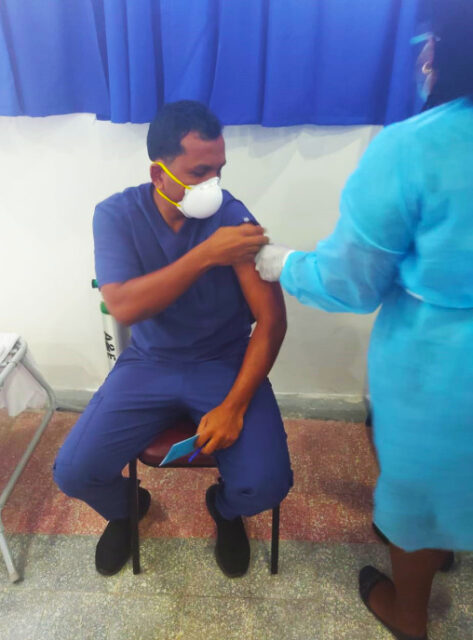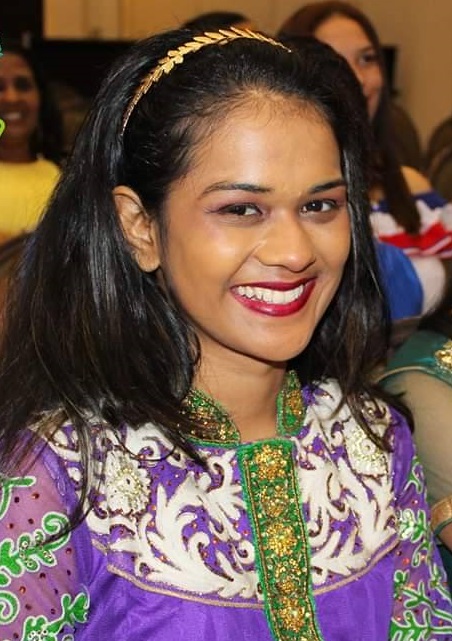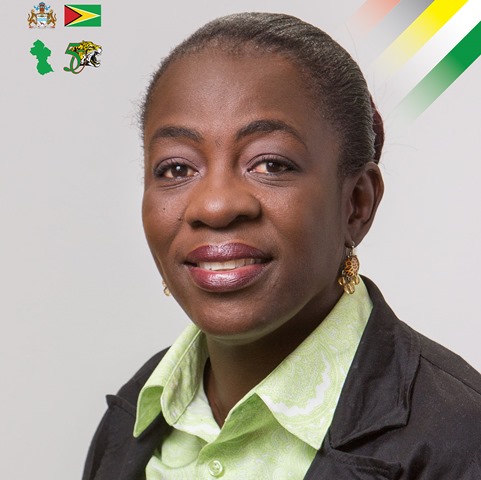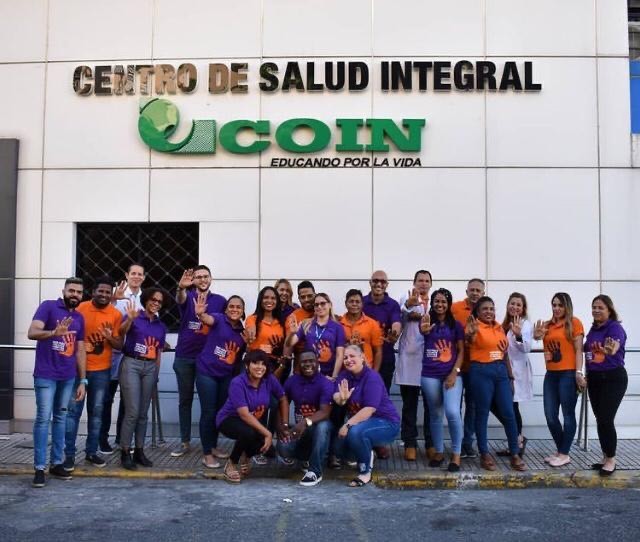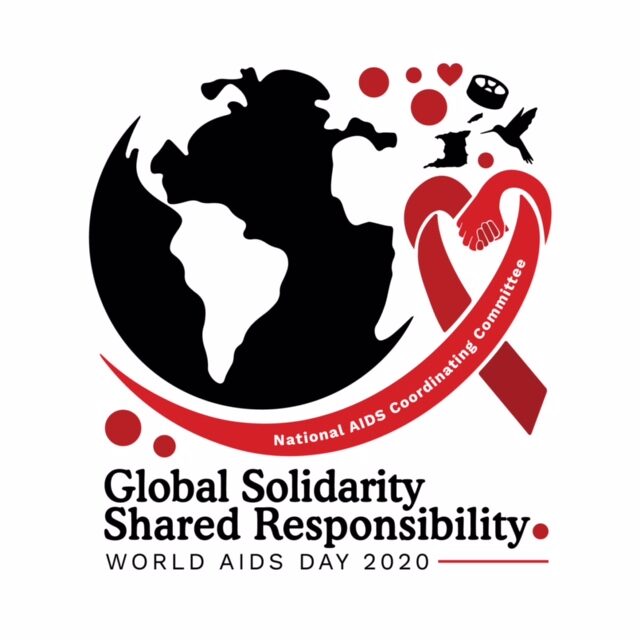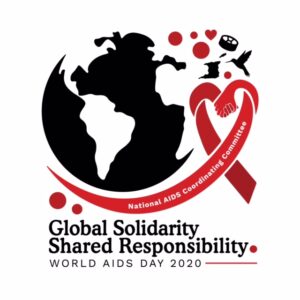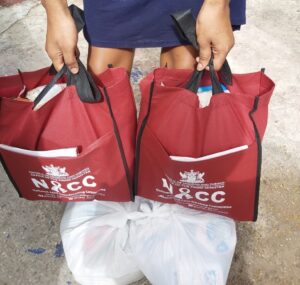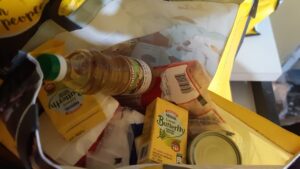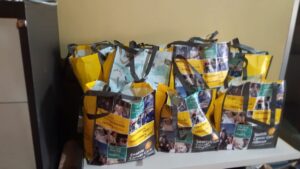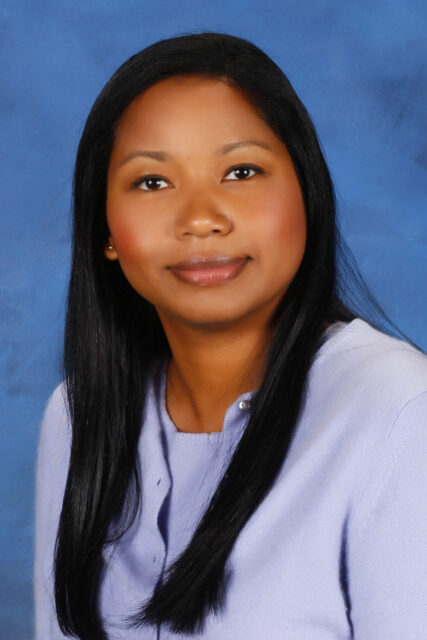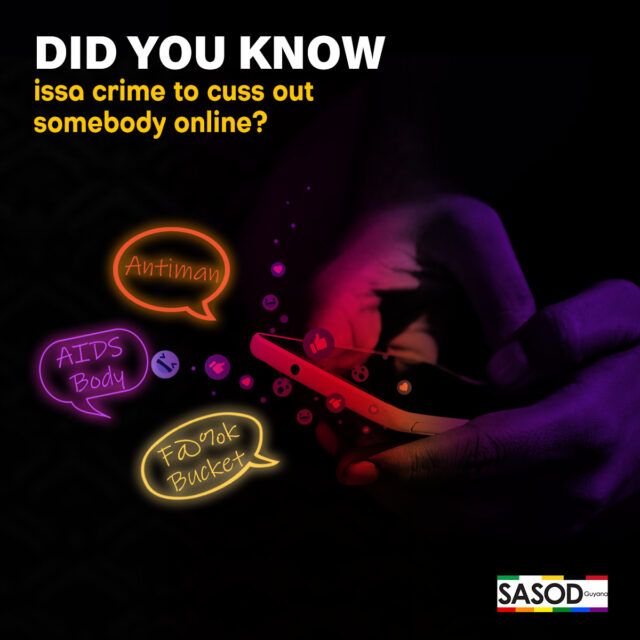
The National AIDS Commission (NAC), Belize, in partnership with the Caribbean Regional Network of People Living with HIV/AIDS (CRN+), hosted a virtual Public-Private Partnership (PPP) Forum with the participation of fifty (50) members of various sectors of society, including members of the public, private, and government sectors.
The Forum was facilitated by local consultant Dr Minerva Pinelo from “Rights Insights”. Presenters included Ms Eva Burgos, Executive Director, Gojoven Belize and CSO Hub, Mr Enrique Romero, Executive Director, NAC Belize, and Mr Jason Shepperd, Senior Programme Officer, CRN+.
The event, which was open to the public, provided the platform for participants to learn more about Belize’s HIV response. The event also focused on the Caribbean’s HIV experience and, more significantly, the revised HIV workplace policy. The primary goal was to fuel engagement around the acceptance, development, and implementation of workplace-specific HIV policies.
The Primary objectives of having businesses and organizations formulate their own HIV workplace policy include but are not limited to creating an environment that is conducive to openness and acceptance among employees, ensuring confidentiality and non-discrimination, promoting awareness and prevention training programmes to reduce the possibility of contracting HIV and improve care, treatment, and support services.
Other objectives include promoting access to treatment and reducing new infections, limiting the impact of HIV and AIDS in the workplace at the individual level for employees, their families, and communities and ensuring a healthy workforce and long-term production sustainability.
The Forum also provided an opportunity for participants to engage in interactive discussions through a question-and-answer session and receive clarification on areas of interest related to HIV and AIDS. The topics discussed included stigma and discrimination, the effects of COVID-19 on People Living with HIV (PLHIV) and the overall economy. Participants also discussed ways to ensure mutually beneficial partnerships for progress, the need for increased technical support from the private sector to Civil Society Organizations (CSOs) and increased outreach support from the CSOs to the private sector.
Participants were provided with a brochure that included a roadmap in preparation for the development and design of an HIV workplace policy. The brochure can be accessed via the NAC’s website (www.nacbelize.org).


